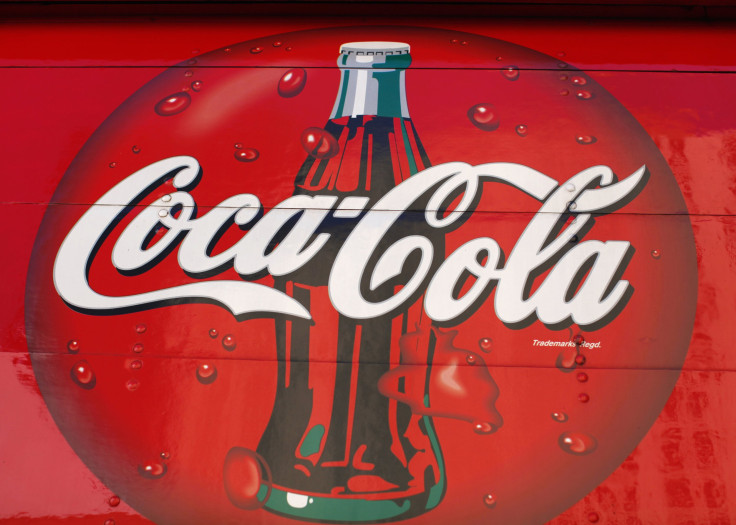Coke Suspends #MakeItHappy Twitter Campaign After Retweeting Quotes From Hitler's 'Mein Kampf'

The last thing a brand wants is to be associated with Adolf Hitler. But thanks to Gawker, Coca-Cola's automated social media campaign #MakeItHappy, which transformed negative tweets with that hashtag into cartoon-like characters using ASCII lettering code, created a string of cute ASCII cartoons that were actually transformed quotes from Hitler's hate manifesto, "Mein Kampf." Coca-Cola announced Thursday that it was suspending the campaign after Gawker posted about it, reports Adweek.
Tricked into quoting Hitler, Coke suspends #MakeItHappy Twitter campaign: http://t.co/tstsuQYM1O pic.twitter.com/SlOyKvTZeu
- Adweek (@Adweek) February 5, 2015Coca-Cola debuted the Twitter campaign, #MakeItHappy, at the Super Bowl last Sunday with an ad that showed people receiving negative social media messages that Coca-Cola would transform into something positive.
Gawker created a Twitter “bot” account with the handle @MeinCoke, which tweeted quotes from Hitler’s 1920s book, “Mein Kampf" (My Struggle). Coca-Cola's Twitter then transformed the message into cute ASCII figures accompanied by the message, "We turned the hate you found into something happy."
"The Twitter stunt poses an interesting hermeneutical question," wrote Max Read of Gawker. In other words, if a cartoon figure is really a hate speech quote, is Coca-Cola retweeting hate speech? The post included a white nationalist motto -- "We must secure the existence of our people and a future for White Children" -- transformed into a cute ASCII dog cartoon.
Hermeneutics or interpretation aside, the association with Hitler was enough for Coca-Cola to suspend its campaign. In a message to Adweek, a spokesperson wrote,"The #MakeItHappy message is simple: The Internet is what we make it, and we hoped to inspire people to make it a more positive place. It's unfortunate that Gawker is trying to turn this campaign into something that it isn't. Building a bot that attempts to spread hate through #MakeItHappy is a perfect example of the pervasive online negativity Coca-Cola wanted to address with this campaign."
But the controversy doesn't end there. Although Adweek described what Gawker did as a "prank," and says Coca-Cola was "tricked" into retweeting Hitler, social media campaigns are always inviting hijackers, as the New York Police Department and many others have discovered. And some took to social media to chastise Adweek for characterizing Gawker's exposure as a prank, while others characterized the Coca-Cola ad as a failure for being inauthentic.
"tricked into quoting hitler"??? tricked?? brands are so innocent always, aren't they??? @Adweek
- Beatrix Kiddo (@BeatrixKiddooo) February 5, 2015“@Adweek: Tricked into quoting Hitler, Coke suspends #MakeItHappy Twitter campaign" #trolled what u expect because campaign was not genuine
— Alice Xiang (@ali_woop) February 5, 2015© Copyright IBTimes 2025. All rights reserved.






















